
The test on Tuesday was conducted after the DPRK on Jan 23 declared an end to any efforts of denuclearizing the Korean Peninsula, hours after the UN Security Council adopted a resolution condemning its rocket launch on Dec 12.
Huang Youfu, professor of Korean studies at the Minzu University of China, said the escalating tension was brought about by various negative factors that "have piled up". Miscalculations by relevant parties have also fueled the situation, he said.
The Republic of Korea's president-elect Park Geun-hye strongly condemned the nuclear test, saying the incoming government will not tolerate a nuclear-armed DPRK, her spokeswoman said.
US President Barack Obama condemned the nuclear test as "highly provocative", and urged "further swift and credible action" by the international community.
Japanese Prime Minister Shinzo Abe said that the nuclear test is regrettable, and his government is mulling unilateral sanctions on the DPRK.
Earlier in the day, KCNA said Pyongyang vowed to proceed with missile and nuclear tests targeting the United States, its "sworn enemy", after the UN Security Council adopted a resolution to condemn its Dec 12 rocket launch.
Lu Chao, a specialist of Korean Peninsula studies at the Liaoning Academy of Social Sciences, said mounting opposition from the international community will step up pressure on Pyongyang.
With the nuclear test done, all previous efforts by Washington, Tokyo and Seoul to communicate with Pyongyang have been negated and they would have to start from scratch, Lu said.
The Six-Party Talks, which bring together the ROK, the DPRK, China, the US, Japan and Russia, remain the most viable platform to reverse hostilities, Xinhua said. The talks had begun in 2003 but stalled in December 2008. The DPRK quit the talks in April 2009 in protest against international condemnation of its long-range missile tests.

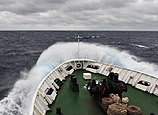
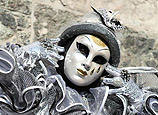
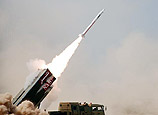
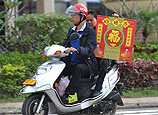
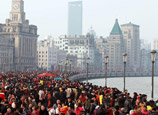
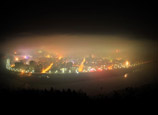
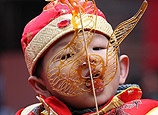
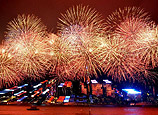








 Overloaded truck crushes bridge in NW China
Overloaded truck crushes bridge in NW China


![]()
